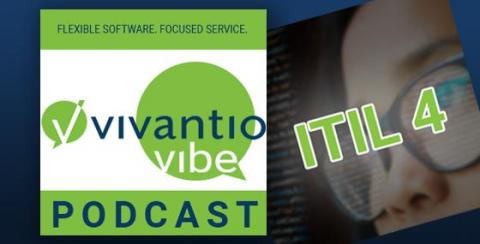Teams | Collaboration | Customer Service | Project Management
Training
The top 7 challenges when training deskless workers
In our post-pandemic reshuffle, employees with jobs that are not performed in an office are often singled out in discussions about the future of work. This makes sense, as most of the world's workforce performs crucial tasks outside of an office, and it’s time we collectively adapt to these challenges!
How to Grow in your IoT Career
6 Best Project Manager Certifications to Make You Job Ready
Nowadays, getting ahead in your job and career often requires having the proper certifications. This is especially true for project managers, who must ensure that projects are completed on time, within budget, and to the required standards. While becoming a project manager does require some natural ability and experience, having the proper project manager certifications can make a big difference in your career.
A Step-by-Step Guide to Successful Offshore Training
Offshoring has always been popular among businesses looking to access skilled international talent and cost-effectively scale their operations. And as companies look to offshore more complex business processes, training offshore employees becomes more important than ever. After all, you have to rely on your offshore team to manage your business efficiently while you’re far away on another continent.
How leading companies invest in up-and-coming talent
A Guide To Developing Highly Effective Employee Training Programs
How often do you hear about employees who don’t perform their jobs properly? The truth is, most of the time, it isn’t their fault. The problem is that they might not even realize what they should be doing. They just need directions to excel in their roles or do their jobs well. What can be done to provide them with directions from time to time? The answer is employee training programs. Employee training programs are essential for companies looking to increase productivity and reduce costs.
8 Remote Training Best Practices for Business Owners in 2022
Remote working has become the norm thanks to the COVID-19 pandemic and the ensuing lockdowns. And remote managers had to quickly adapt to remote learning for an efficient employee training process. But how do you optimize your learning content for maximum productivity and outcome? What are some remote training best practices for businesses? In this article, we’ll cover the top eight best practices for training remote employees in 2022.
ITIL 4 Certification and more - Vivantio Vibe Podcast
It's time to say goodbye to ITIL v3 as the well-respected framework of best practices and processes is officially retired at the end of 2021. So, what are you options now? Are you looking to build up your credits before time runs out? Or maybe you want to start fresh with the ITIL 4 Foundation course and certification?











